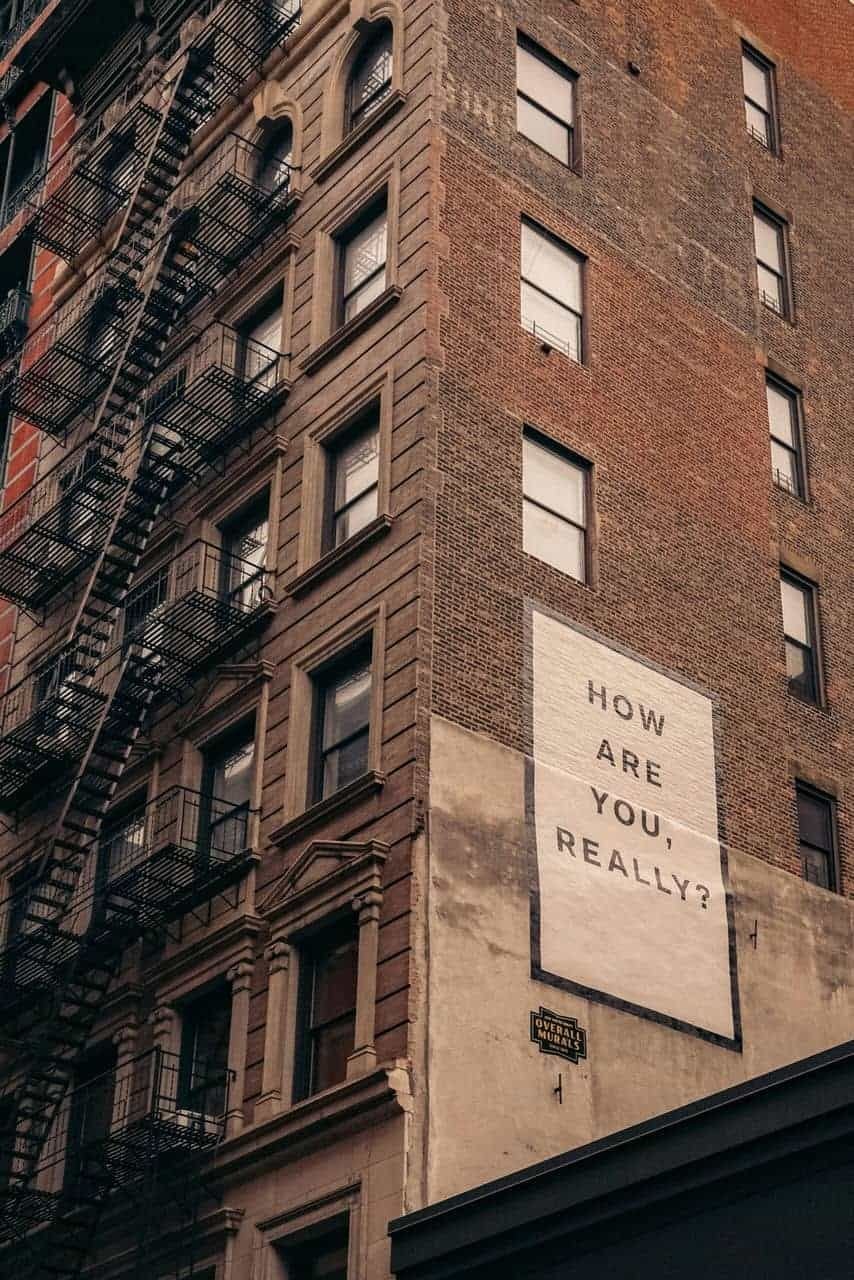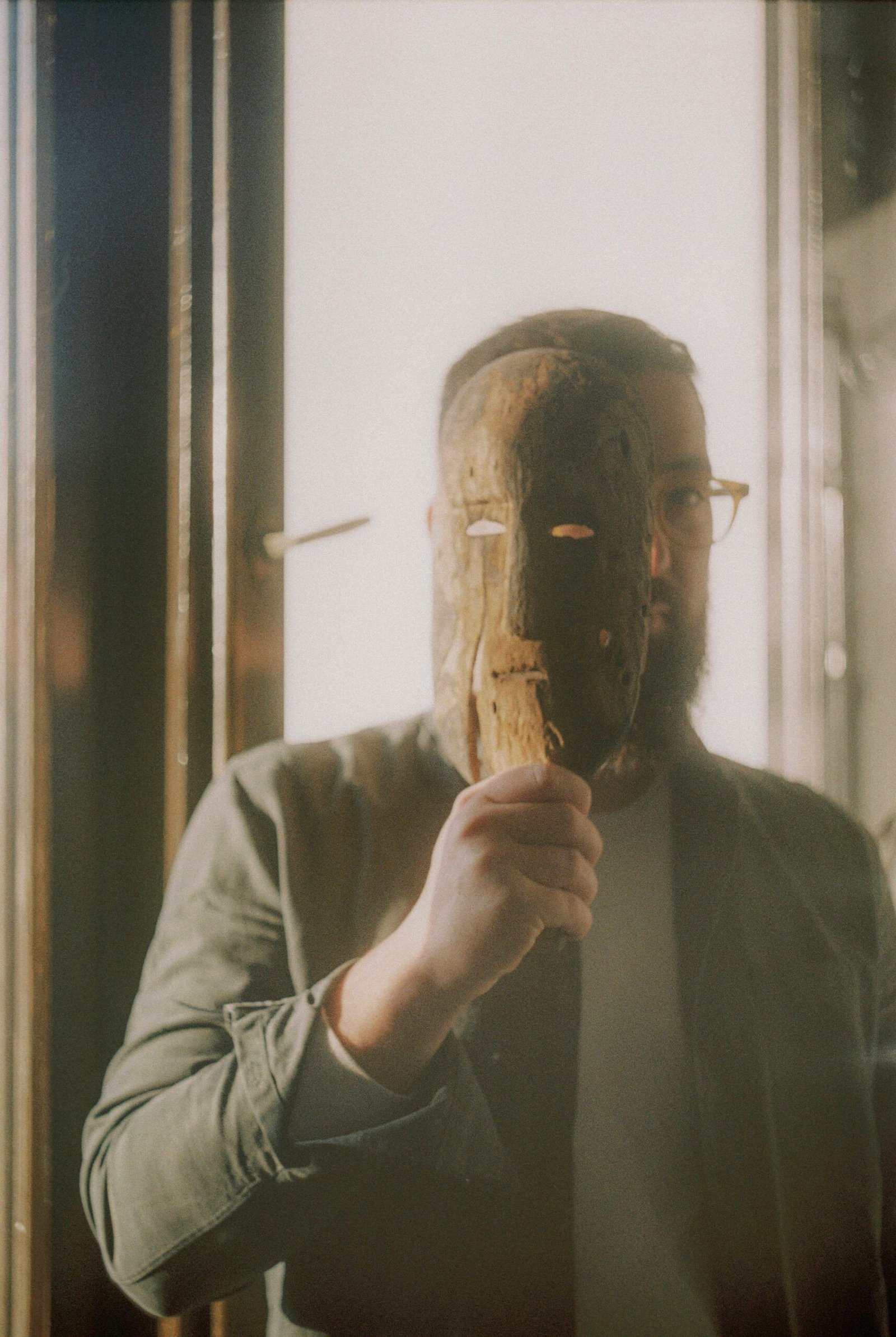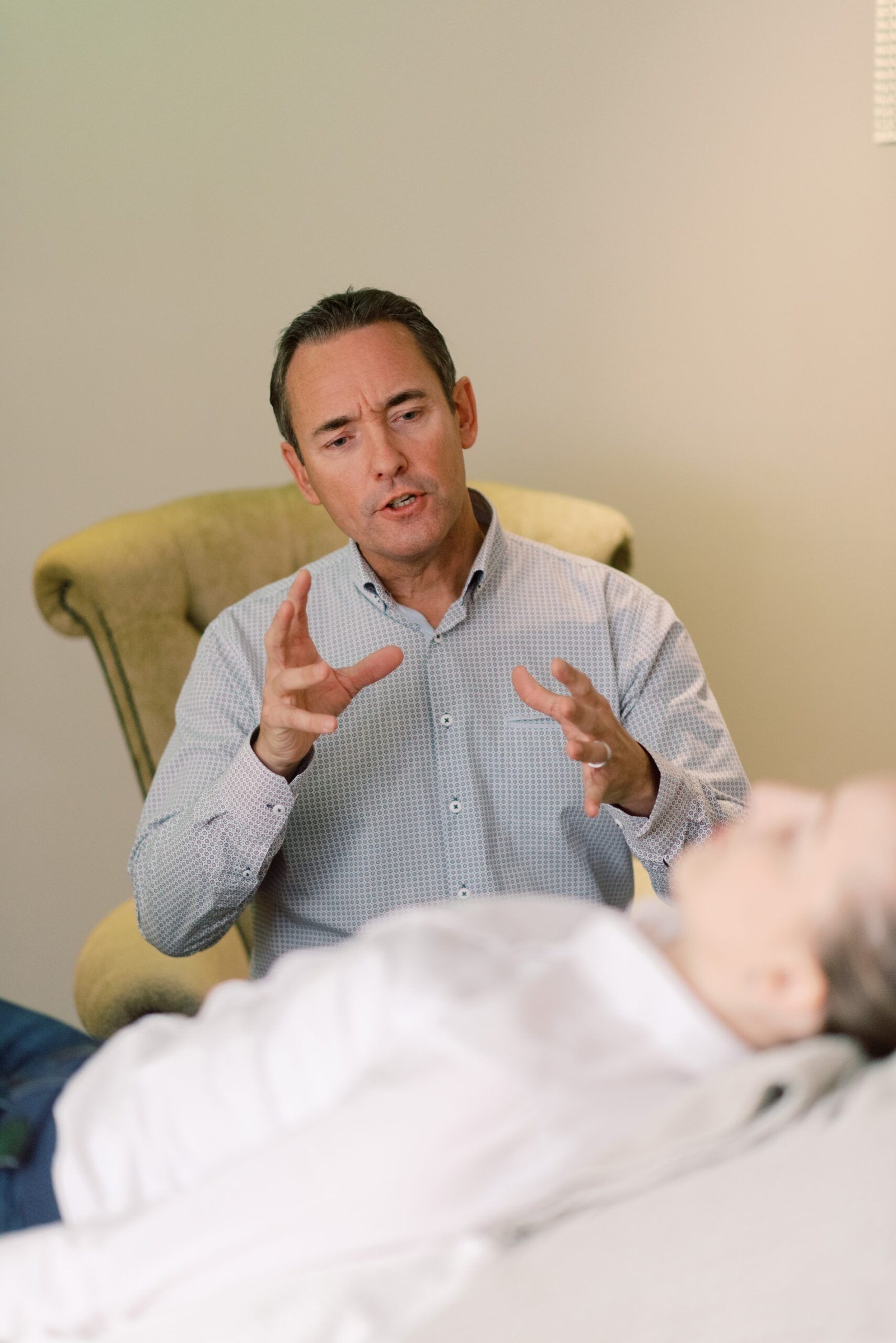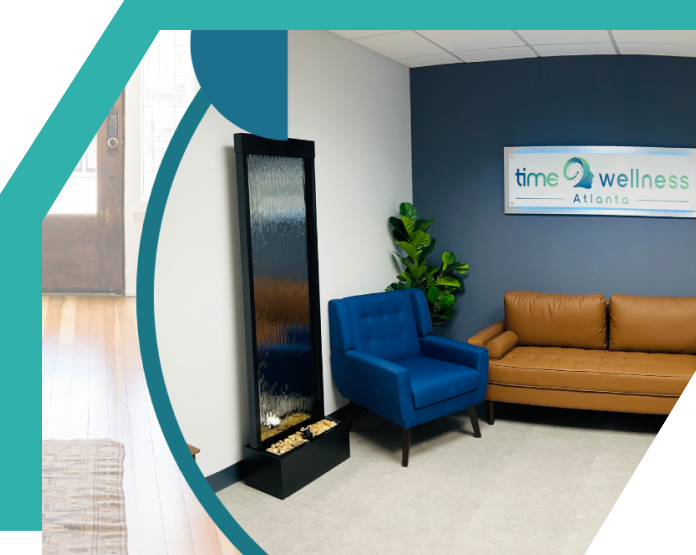Mental Health in Chattanooga, TN
Explore the different types of mental health conditions we treat at Time Wellness Centers’ programs in Chattanooga, TN, and Atlanta, GA.
- Home
- What We Treat

Mental Health Conditions We Treat in Chattanooga, TN
We treat the root causes of mental health symptoms to achieve long-term solutions.
If you are struggling with a mental health disorder, getting professional treatment is essential. Mental health disorders can range from moderate or mild to severe. If your symptoms interfere with your relationships or daily life, our treatment for mental health in Chattanooga, TN, can provide life skills, coping mechanisms, therapy, and medications.
Mental health issues can get worse without proper treatment, going from mild to severe. You will also likely experience more than one mental health disorder, like depression and anxiety. Without treatment to manage symptoms, you run the risk of self-medication with drugs and alcohol as well.
Contact Time Wellness Centers today to learn how we can help you manage your symptoms.
What to Expect During Chattanooga Mental Health Treatment
Each mental health treatment center will offer services, like medication and/or therapy for your unique plan. Medication can be a crucial component of mental health treatment programs. Medication is often prescribed to treat ADHD and bipolar disorder long-term. It can also be used to treat acute symptoms of depression or anxiety disorders, particularly things like panic attacks.
Medication is more effective when combined with therapy. The type of therapy you will receive at a mental health treatment center varies based on the mental health disorders with which you struggle. Some of the most common forms of treatment include cognitive behavioral therapy, dialectical behavioral therapy, and holistic treatment such as yoga, music therapy, and art therapy.
Time Wellness Centers is here to help you learn more about mental health therapy.
Mental Health Treatment



Depression Treatment
Depression is the most common mental health disorder across the United States. Major depressive disorder can severely inhibit your ability to carry out daily activities without help from a mental health treatment center. Over twenty-one million adults have had one depressive episode in the last year.
Symptoms can include:
- Anxiety,
- Excessive hunger or loss of appetite,
- Excessive crying,
- Social isolation,
- Problems concentrating,
- Excessive sleep or inability to sleep,
- Mood swings,
- Loss of interest in activities,
- Hopelessness,
- Low self-esteem,
- Getting stuck on the same thoughts,
- Suicidal ideations.



Anxiety Disorders
Anxiety disorders cause excessive anxiety that can interfere with your ability to conduct daily activities. Anxiety can take the form of generalized anxiety disorders, the symptoms of which can disrupt job performance, attendance, or relationships. Panic disorders can happen at unpredictable times. Social anxiety disorders or specific phobias can become severe enough that they prevent you from doing daily tasks, or functioning normally, like going to the grocery store or driving a car.
Studies estimate that over 31% percent of adults have an anxiety disorder at some point in their lives.
Symptoms include:
- Feeling on edge
- Getting fatigued easily
- Irritability
- Sleep problems
- Headaches
- Unexplained aches or pains
- Restlessness
- Problems controlling fear or worry



Bipolar Disorder Treatment
Bipolar disorder, previously referred to as manic depressive disorder, is a mental health disorder that causes dramatic mood and energy changes. These changes can last for several months at a time, characterized by severe manic or high episodes and depressive or low episodes. Bipolar disorder affects males and females at equal rates. An estimated three percent of adults had bipolar disorder in the last year, with 4% of adults experiencing it at some point in their lives.
It is common for bipolar disorder to be misdiagnosed as a depressive disorder when individuals seek treatment during a depressive episode. This can lead to improper treatment and ongoing symptoms.
However, with proper bipolar mental health treatment programs, individuals can acquire the skills and medication they need to manage both manic and depressive episodes.
Symptoms of bipolar disorder include:
- Severe manic episodes are characterized by euphoria, irritability, hyperactivity, impulsivity, agitation, aggression, delusion, problems sleeping, frenzied speaking, and restlessness.
- Severe depressive episodes are characterized by fatigue, slowness in activities, unwanted thoughts, crying, guilt, hopelessness, anxiety, loss of interest in activities, weight gain or loss, and excess sleep.



Schizoaffective Disorder
Schizoaffective disorder is characterized by both psychotic symptoms (delusions and hallucinations) and significant mood changes. Thus, a person with this disorder has features of both schizophrenia and bipolar disorder. Symptoms of schizoaffective disorder can present significant challenges to those with the disorder.
In addition, there are different types of schizoaffective disorder. These differences are marked by each person’s experiences with mood changes. Some people have moods with spikes of mania whereas others struggle more with depressive lows. Furthermore, some people have a mix of manic and depressive moods with schizoaffective disorder.
Symptoms of schizoaffective disorder can include the following:
- Delusions and hallucinations
- Incoherent or impaired speech
- Unusual behavior
- Depression, mania, or cycles of both
- Disorganized thoughts



Schizophrenia
Schizophrenia is a mental health disorder that requires professional mental health treatment programs. Schizophrenia affects between 0.25% and 0.64% of Americans. Schizophrenia can be severe and disabling.
While it has a relatively low presence compared to other mental health disorders, it is a leading cause of worldwide disability and can have significant economic, health, and social ramifications without care for a mental health treatment center.
Disruptions in perceptions, emotional responses, interactions, and thought processes characterize symptoms of schizophrenia. Individuals struggling with untreated schizophrenia will struggle with the following:
- Hallucinations
- Delusions
- Difficulty with social relationships
- Cognitive impairment
- Reduced motivation to accomplish things
- Difficulty expressing emotions
- Thought disorders



Trauma & PTSD
Post-traumatic stress disorder, or PTSD, is a mental health disorder that develops After experiencing or witnessing a traumatic event. Nearly fifty percent of adults experience at least one traumatic event, but not everyone develops PTSD. Three percent of adults struggled with PTSD in the last year, and nearly seven percent struggled with it for life without any treatment.
It’s completely natural to experience some immediate, acute side effects After experiencing or witnessing a traumatic event. However, if those side effects continue months or years after the event and start to impair an ability to function, one might need PTSD mental health treatment programs.
Symptoms include:
- Sleep problems,
- Feelings of detachment,
- Becoming easily startled,
- Anxiety,
- Persistent memories or nightmares,
- Flashbacks that inhibit your ability to function.



Personality Disorders
Personality disorders are characterized by individuals who sometimes view their experiences as different than they really are and behave differently than expected. This can include unstable moods or social functioning, Intense anger, anxiety, depression, or impulsivity.
Almost ten percent of Americans have some form of personality disorder. Personality disorders do not impact specific demographics at higher rates than others. Statistically, over half of the individuals with personality disorders also have an anxiety disorder. One-quarter of people with personality disorders struggle with a coexisting mood disorder, impulse control disorder, or substance abuse disorder.
Symptoms can include:
- Paranoia, constantly believing others are trying to harm, demean, or threaten you;
- Patterns of detachment from relationships and limited emotional ranges;
- Intense discomfort with intimacy or close relationships;
- Distorted views of reality, unusual behavior, and superstitions.

Get the Help That You Deserve Today
Untreated mental health disorders disrupt the lives of many Americans today. Many people don’t get the help they deserve due to the negative stigma of mental health, lack of availability, costs, or other barriers. Time Wellness Centers is here to offer solutions to those who need mental health treatment.
Contact us today to get started on your mental health treatment in Chattanooga, TN, as well as our additional locations in the Atlanta, GA, area.
Give Us A Call. We’re here To Help.
Or

Request a call
Contact
Copyright © 2024 Time Wellness Tennessee - All Rights Reserved.
Embrace self-care. Seek assistance for your mental health.













